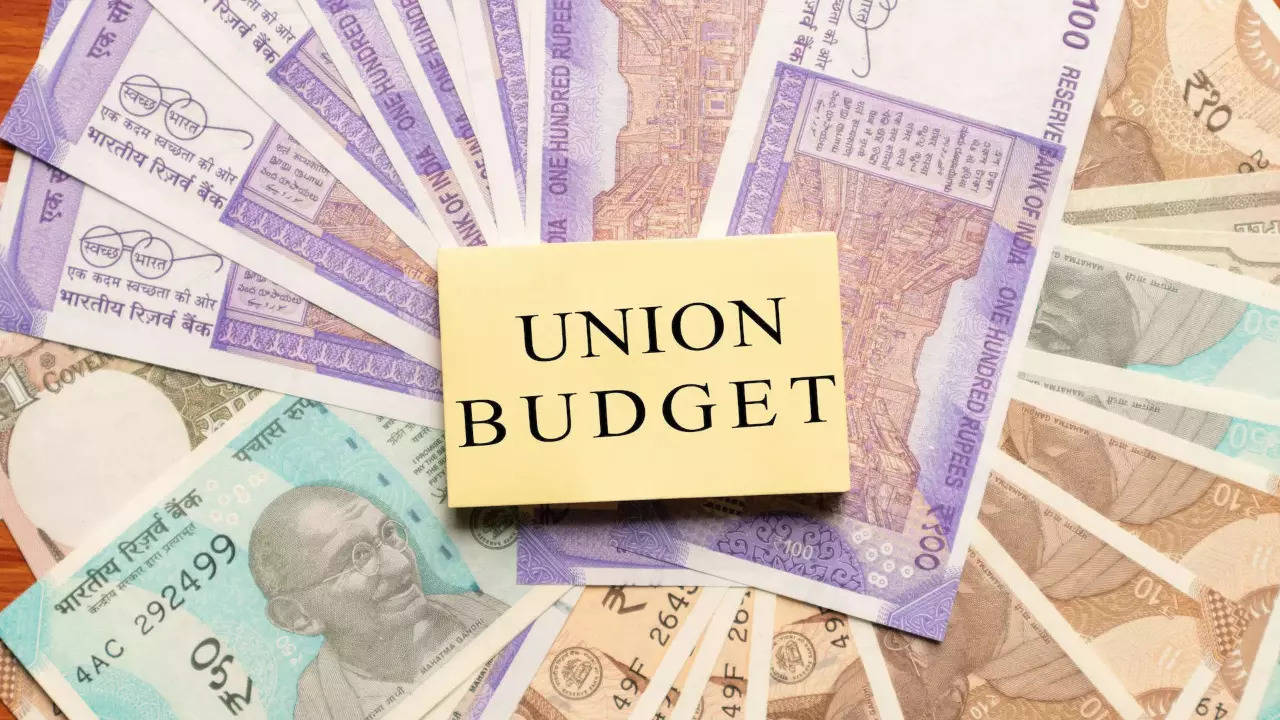Tax reins tightened, charitable trusts have no margin of error – Times of India
MUMBAI: The Budget proposes a slew of amendments that would cost a charitable trust dearly for even the slightest slip — such as a few days’ delay in filing a renewal application. Tax exemption could be lost if there is a delay in filing the I-T return.
Tightening of controls will make an already difficult existence for trusts even more challenging, state experts.
Owing to some proposals, the sword of exit tax hangs on charitable trusts. According to Gautam Nayak, tax partner at CNK & Associates, “The most problematic amendment is the one where if a trust does not apply for renewal of its registration in time, it becomes liable to be taxed at the maximum marginal rate on the fair market value of its assets. This will completely destroy trusts that commit even the smallest mistake in filing such renewal applications just a few days late.”
Charitable trusts that had not applied for registration despite being in existence for years, so far were not denied exemption in pending assessments of earlier years. This benefit is being snatched. Old trusts that now wish to seek registration would risk suffering taxation for as many as ten prior years,” adds Nayak.
Currently, charitable trusts are liable to pay additional income tax (exit tax) on their ‘accreted income’, which is: fair market value (FMV) of assets less FMV of liabilities, upon violation of prescribed conditions, such as conversion into non-charity or transferring assets to any non-charitable entity.
“The Budget proposals expand the scope of exit tax. Any delay in filing an application for registration/re-registration for availing tax exemption will be deemed as if the charitable trust had converted into a non-charitable one and exit tax will get triggered. This tax is levied at the maximum marginal tax rate of 34.94%,” said Sheetal Shah, associate partner EY-India.
“Another amendment that will severely handicap charitable trusts, which collect donations and then distribute to trusts engaged in grassroots charity, is that only 85% of the donations made to other trusts will now qualify for the exemption, instead of the existing 100%. This amendment is to plug a so-called loophole, whereby chain donations could be made from one trust to another, each trust in the chain claiming 15% exemption. Unfortunately, on the grounds of misuse by a few, a large number of genuine trusts would suffer, and inter-trust donations are likely to dry up,” points out Nayak.
“If charitable trusts file tax returns beyond the due date of filing of original or belated tax returns, they will lose exemption. So, there is no incentive for such entities to file an updated tax return (by offering more income to tax upon payment of enhanced tax) since they would not be eligible for exemption,” explains Shah.
Tightening of controls will make an already difficult existence for trusts even more challenging, state experts.
Owing to some proposals, the sword of exit tax hangs on charitable trusts. According to Gautam Nayak, tax partner at CNK & Associates, “The most problematic amendment is the one where if a trust does not apply for renewal of its registration in time, it becomes liable to be taxed at the maximum marginal rate on the fair market value of its assets. This will completely destroy trusts that commit even the smallest mistake in filing such renewal applications just a few days late.”
Charitable trusts that had not applied for registration despite being in existence for years, so far were not denied exemption in pending assessments of earlier years. This benefit is being snatched. Old trusts that now wish to seek registration would risk suffering taxation for as many as ten prior years,” adds Nayak.
Currently, charitable trusts are liable to pay additional income tax (exit tax) on their ‘accreted income’, which is: fair market value (FMV) of assets less FMV of liabilities, upon violation of prescribed conditions, such as conversion into non-charity or transferring assets to any non-charitable entity.
“The Budget proposals expand the scope of exit tax. Any delay in filing an application for registration/re-registration for availing tax exemption will be deemed as if the charitable trust had converted into a non-charitable one and exit tax will get triggered. This tax is levied at the maximum marginal tax rate of 34.94%,” said Sheetal Shah, associate partner EY-India.
“Another amendment that will severely handicap charitable trusts, which collect donations and then distribute to trusts engaged in grassroots charity, is that only 85% of the donations made to other trusts will now qualify for the exemption, instead of the existing 100%. This amendment is to plug a so-called loophole, whereby chain donations could be made from one trust to another, each trust in the chain claiming 15% exemption. Unfortunately, on the grounds of misuse by a few, a large number of genuine trusts would suffer, and inter-trust donations are likely to dry up,” points out Nayak.
“If charitable trusts file tax returns beyond the due date of filing of original or belated tax returns, they will lose exemption. So, there is no incentive for such entities to file an updated tax return (by offering more income to tax upon payment of enhanced tax) since they would not be eligible for exemption,” explains Shah.
For all the latest business News Click Here
Denial of responsibility! TechAI is an automatic aggregator around the global media. All the content are available free on Internet. We have just arranged it in one platform for educational purpose only. In each content, the hyperlink to the primary source is specified. All trademarks belong to their rightful owners, all materials to their authors. If you are the owner of the content and do not want us to publish your materials on our website, please contact us by email – [email protected]. The content will be deleted within 24 hours.


